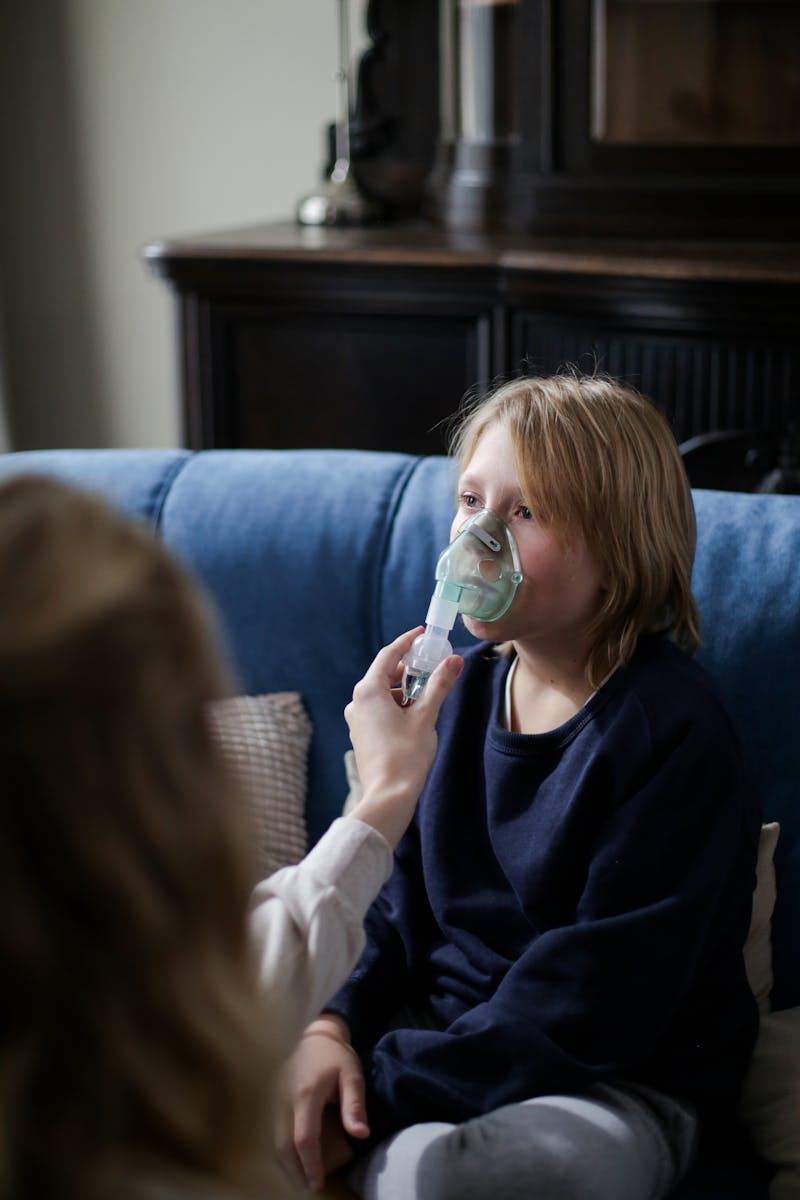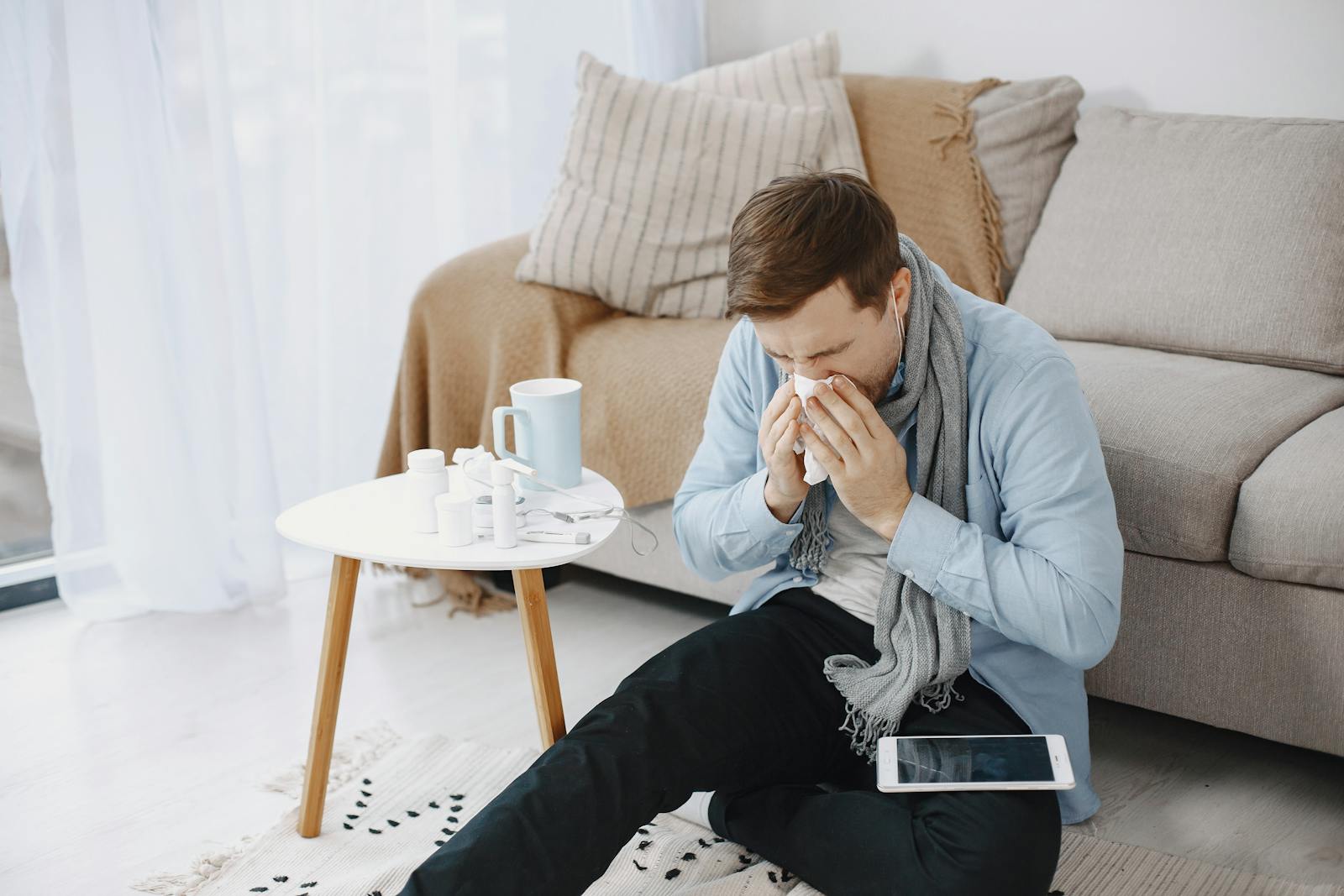The Impact of Virginia’s Weather on Allergies: What You Need to Know
Allergy Tips: Understanding the Impact of Virginia’s Weather on Allergies and Essential Allergy Tips for Managing Symptoms Throughout the Seasons in Virginia
Essential Allergy Tips for Virginia Residents
Virginia’s beautiful landscapes and varied climate make it a popular destination for both residents and visitors. However, these same environmental factors can significantly affect allergy sufferers. Understanding The Impact of Virginia’s Weather on Allergies: What You Need to Know can help you manage your symptoms effectively. Whether you are dealing with pollen from blooming flowers in spring or mold spores from humid summer days, being informed is your best defense.
Recognizing Common Allergens
Allergies can be triggered by a variety of substances found in the environment. In Virginia, it is essential to be aware of:
- Pollen from trees, grasses, and weeds
- Mold spores from damp areas
- Dust mites commonly found in homes
- Pet dander from household animals
By recognizing these common allergens, you can take proactive steps to minimize your exposure, especially during peak allergy seasons.
The Role of Virginia’s Weather
The Impact of Virginia’s Weather on Allergies: What You Need to Know is crucial when planning your outdoor activities. The state’s weather patterns, which include mild winters and warm, humid summers, create a fertile environment for allergens. For instance, tree pollen peaks in early spring, while grass pollen is most prevalent in late spring through early summer. Mold counts can rise during humid months, making it vital to stay informed.
Effective Allergy Management Tips
Managing your allergies doesn’t have to be a daunting task. Here are some effective tips to help alleviate symptoms:
- Check pollen forecasts regularly to plan your outdoor activities accordingly.
- Keep windows closed during high pollen counts and use air conditioning to filter out allergens.
- Shower and change clothes after spending time outside to remove pollen from your body.
- Utilize HEPA filters in your home to trap airborne allergens.
Seasonal Considerations
Each season in Virginia brings different allergy challenges. Understanding The Impact of Virginia’s Weather on Allergies: What You Need to Know can help you prepare:
- Spring: Watch for tree pollen and consider staying indoors on windy days.
- Summer: Mold spores can thrive in humid conditions; ensure proper ventilation in your home.
- Fall: Ragweed pollen can be a significant issue; keep an eye on local forecasts.
- Winter: Indoor allergens like dust mites may increase due to heating systems; regularly clean your living space.
Consulting with Professionals
If your allergy symptoms persist, it may be time to consult with a healthcare professional or an allergist. They can provide personalized advice and treatment options tailored to your specific needs. Understanding the nuances of The Impact of Virginia’s Weather on Allergies: What You Need to Know can guide these discussions and lead to more effective management strategies.
Staying Informed and Prepared
Staying updated on local weather and allergen forecasts is vital for managing your allergies effectively. Use reliable weather apps, local news, or allergy-specific websites to keep track of conditions in your area. The more informed you are, the better equipped you will be to tackle allergy challenges throughout the year.
By implementing these allergy tips and understanding The Impact of Virginia’s Weather on Allergies: What You Need to Know, you can enhance your quality of life and enjoy the beauty that Virginia has to offer. Remember, being proactive is key to minimizing your allergic reactions and enjoying the great outdoors.
Keywords: Virginia allergies, allergy tips, Virginia weather impact, seasonal allergies Virginia, allergy management, pollen count Virginia, allergy symptoms, Virginia wellness hub, weather and allergies, best allergy practices, Virginia climate effects, allergy relief tips, mitigate allergy effects, allergy season Virginia, understanding allergies.
news via inbox
Stay Connected
Specializing in:







